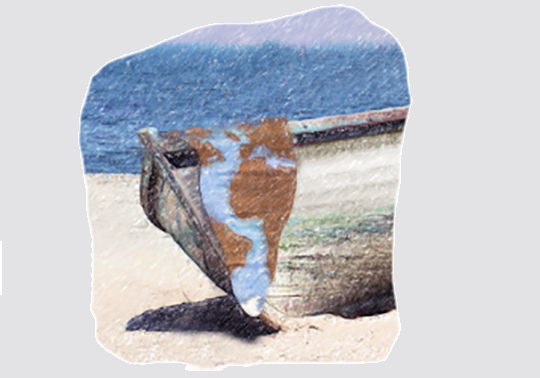
Last days of the call for papers period for the 1st International CIDL Conference: Linguistic Policies and Translation and Interpreting in Public Services and Institutions.
The CIDL is structured as a three-day conference with lectures, talks and debates and will take place from 15 to 17th June 2022 at the Faculty of Law of the Universitat de València. This conference opens an international forum for intersectional discussion for scholars and practitioners around the following institutional settings:
- political and legal, educational and cultural, financial and economic, information, health and social care services institutions.
- verbal and signed languages.
The Organising Committee of the 1st International Conference on the Right to Languages: Language Policies and Translation and Interpreting in Public Services and Institutions invites proposals for individual presentations, round tables or posters of a theoretical, critical, methodological, empirical, practical or didactic nature on these and other topics related to national, cross-border and international public services and institutions.
Topics of the Call for Papers
- Linguistic justice: models, concepts, dimensions.
- Linguistic injustice: social stratification and language, distribution of translation and interpreting, aggressions and micro-aggressions, structural situations, institutional actions.
- Language rights: conceptualisation, materialisation and protection in national and international frameworks, the right to translation and interpreting.
- Language policies: legal frameworks, social practices, linguistic ideologies, the role of translation and interpreting in language policies.
- Situations and structures: sociolinguistic situations, models of linguistic coexistence, present and future needs deriving from linguistic scenarios, uses of translation and interpreting.
- Inclusion: intersections between linguistic practices and social inclusion, psychosocial aspects of integration, literacy and education in inclusive ideologies, translation and interpreting as inclusive practices.
- Linguistic uses: management models and language models, symmetrical and asymmetrical uses, linguistic models of translation and interpreting.
Scholars and practitioners are invited to discuss the right to languages from legal, political, sociological, communication, and discursive approaches. The role of translation and interpreting in realising the right to languages will be foregrounded.


